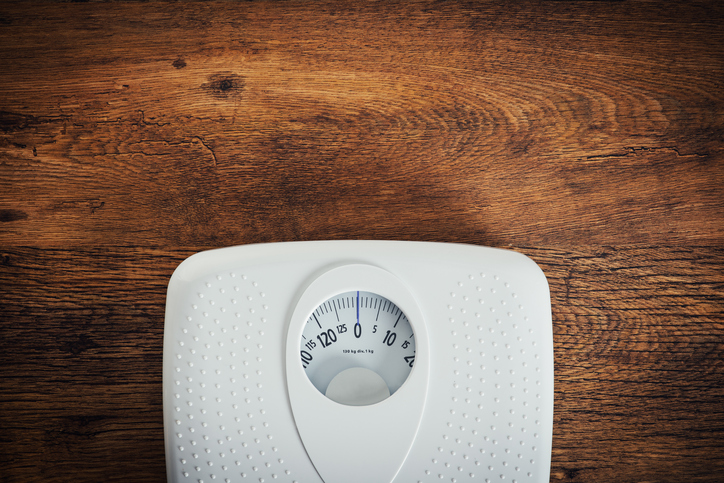Many of us would like to eat healthier. Many of us would like to lose a few pounds, and maybe more, while we do it.
So at what point do we take the next step and consult with a registered dietitian, like those on staff at St. Elizabeth Physicians?
“It’s a good question,” said Karah Stanley, one of St. Elizabeth’s registered dietitians.
“What I’ve seen is a lot of times people make the decision to see a dietitian because they feel out of control. They might know what they need to do to get on track, but they don’t know how to get started.”
If you’re thinking about making that appointment, here are three things to know about seeing a registered dietitian:
- They listen before they talk. “When you first come to see a dietitian, we want to know about you,” Stanley said, “what your eating habits are, your food preferences, your lifestyle. Do you have five kids at home? Are you taking care of an elderly parent? Or do you live by yourself? And part of that is, do you have a comfort level with preparing your own food, or do you need quick meals? We always hear from patients: ‘I want a meal plan.’ But if it’s got 10 things on there that you hate, there’s no way you’re going to stay with it. We need honest input from our patients.”
- They know what they’re talking about. Most states, including Kentucky, require that to be certified or licensed as a registered dietitian you must complete at minimum a bachelor’s degree in dietetics, nutrition or a related field, in a program accredited by the Academy of Nutrition and Dietetics. So the meal-planning and other advice they may give you isn’t coming off the top of their heads or the backs of the labels. “That’s what we went to school for,” Stanley said.
- You want your fare to be balanced. Sure, too many carbohydrates can be counterproductive to your dietary goals. But that doesn’t mean you need to blacklist them. “A lot of times people try to eliminate things they’re eating, because they think that’s a good thing to do,” Stanley said. “But the reality is, that’s not what your intake should be. You can have some carbohydrates. You can have some healthy fats. You want a good balance of things.”


